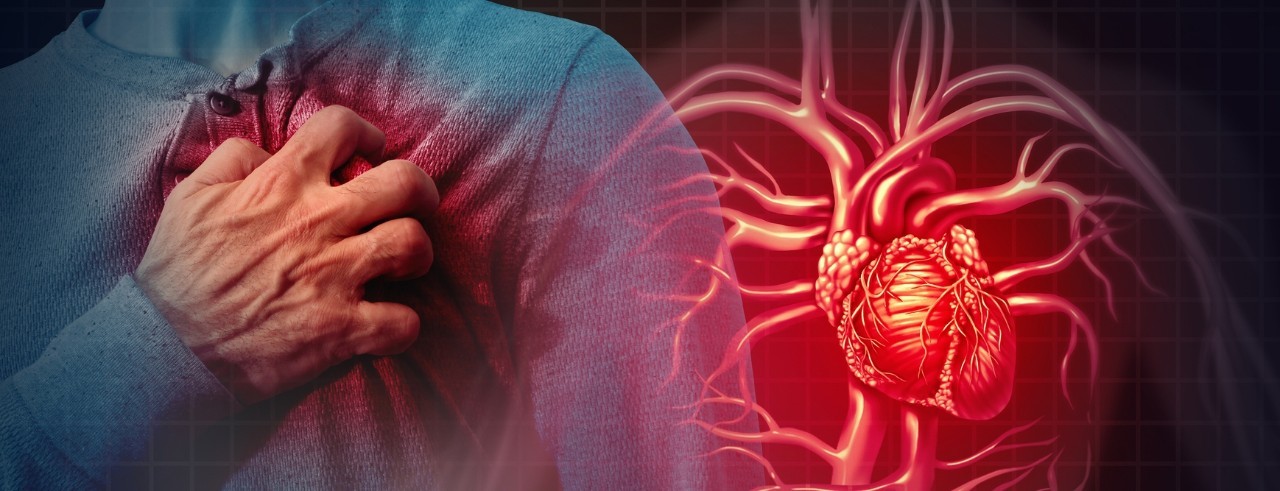
“Our findings were highly sex-specific,” said Wang. In women, researchers identified an association with longer QRS duration, or contraction of the ventricles, and dysfunction of the electrical impulses of the heart.
“It was particularly pronounced in women with higher body mass indexes,” said Wang.
In men, researchers found higher exposure to triclocarban (TCC), an antimicrobial agent, led to longer QT intervals in the heart — meaning the heart’s electrical system is taking too long to recharge, a situation that can contribute to heart rhythm dysfunction. TCC has since been banned in the United States.
Wang also pointed out that typical exposure levels alone are unlikely to cause clinically significant heart disease in healthy people.
“These were not dramatic changes that we observed, but moderate changes to cardiac electrical activity,” he said. “However, they were particularly pronounced in certain subpopulations.”
He said the altered cardiac activity could exacerbate existing heart disease or arrhythmias in a patient, especially older adults or those with other risk factors.
“Now there are new chemicals out there, so the next step would be to examine these newer environmental chemicals and to focus on their impact on an individual level in those who are predisposed to heart disease,” said Wang.
Click here to read the entire study in Environmental Health.
Hi it’s me, I aam alsso visiting thjs webb ssite regularly, this website iis really
nnice and tthe people are truly shariing fastidious thoughts.
I am extremely inspired together with your writing skills and also with the structure on your blog. Is this a paid subject matter or did you customize it yourself? Anyway stay up the excellent quality writing, it’s rare to look a great blog like this one these days!
https://asklong.ru
https://akiwdiycje.wordpress.com
https://wryxvrrhxe.wordpress.com